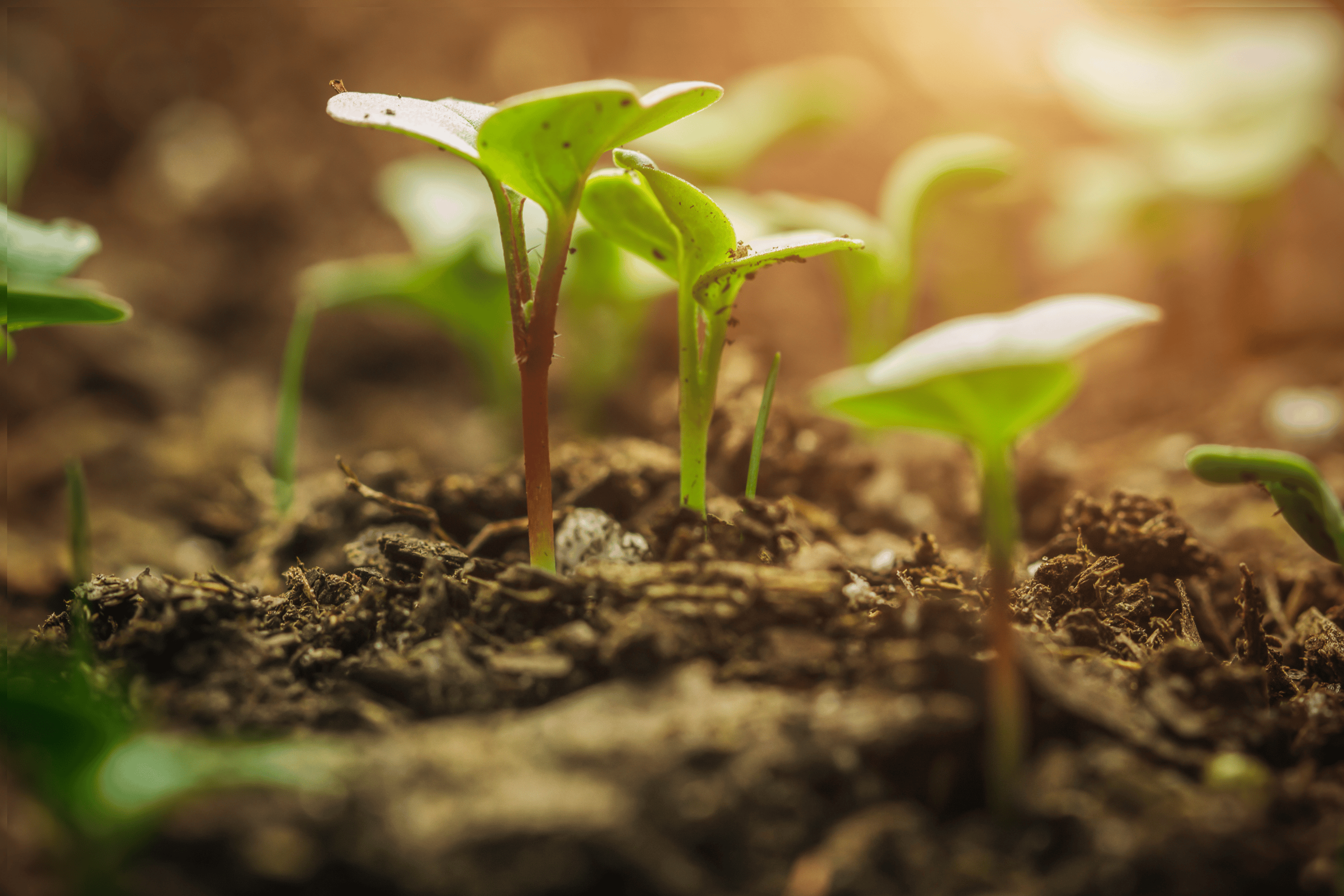
Regenerative agriculture is a way of farming that aims to:
- improve soil health
- reduce carbon footprint and use of resources
- enhance biodiversity and conservation
- improve the livelihood of farmers and farming communities
It also demands a shift in culture, working towards better collaboration between farms and supply chains.
Since its launch in 2020, Regenagri has had the opportunity to see firsthand how strategies to transition to regenerative practices differ from region to region, and within different farming contexts.
Each context presents a range of opportunities for positive impact, as well as various challenges. The Regenagri programme provides farms with a framework to develop a long-term transition plan. Together we look at strategies to enhance soil health and diversity and reduce emissions, while safeguarding business.
We require farms and supply chains to sustain their regenerative approaches for the long term to create real and impactful change on both their local environment and income.




